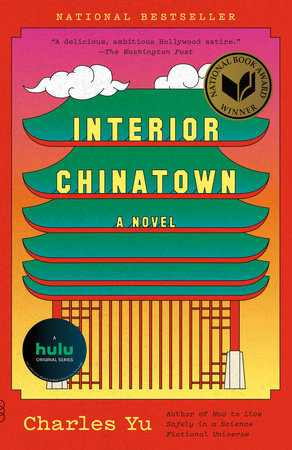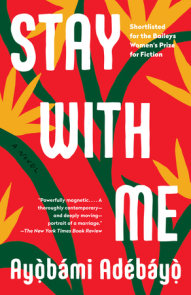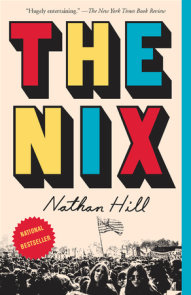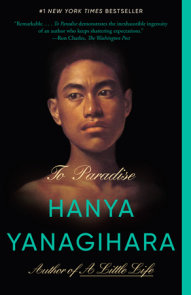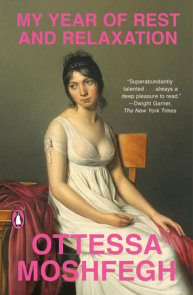READERS GUIDE
Questions and Topics for Discussion
1. What do you make of the structure of the book? Why do you think Charles Yu chose to write it in the form of a screenplay? How did the format change your reading experience?
2. Reading is often about finding empathy for others. Did Yu’s use of second person point of view help you immerse yourself more fully in Willis’s experience?
3. The book moves between several different “interior” spaces, from the building where Willis lives to the set of the show. How important is the physical setting of the story? Does it project a strong sense of place?
4. What are the major issues and ideas that the author is trying to convey and explore? How do they relate to topics or events in recent headlines?
5. Did Interior Chinatown change how you think about Hollywood, representation, and cultural stereotypes? If so, how?
6. Charles Yu is also a writer for Westworld and other television shows. How do you think his own personal experiences with Hollywood played into the writing of Interior Chinatown?
7. In Act III, Willis describes the following interaction with his father: “He says something you don’t quite follow. You hear it, you catch most of the individual words, and yet somehow—you don’t understand. This gap, always there. Somehow unbridgeable, whether it’s across a wide Pacific gulf of language and culture, or just a simple sentence, father to son, always distance” (p. 90). Discuss how different generations can sometimes have a difficult time relating to and communicating with one another. How is this tension compounded further in immigrant families?
8. At its core, Interior Chinatown is a celebration of the importance of family. How is Willis’s experience and identity shaped by his family’s history? In what way do the flashbacks to his parents’ backgrounds deepen your understanding of their family dynamics?
9. Interior Chinatown is filled with a lot of satirical, dark humor. Were there any scenes in particular that made you laugh? What does humor add to the story?
10. There are some scenes where the author deviates from the screenplay format. How does this break from strict conventions mirror Willis breaking away from Hollywood clichés?
11. The book depicts three different perspectives on the immigrant experience: the first generation that emigrates from Taiwan, the second generation, and the third. How does Yu show the evolution of these three generations’ relationships with America and Americanness?







